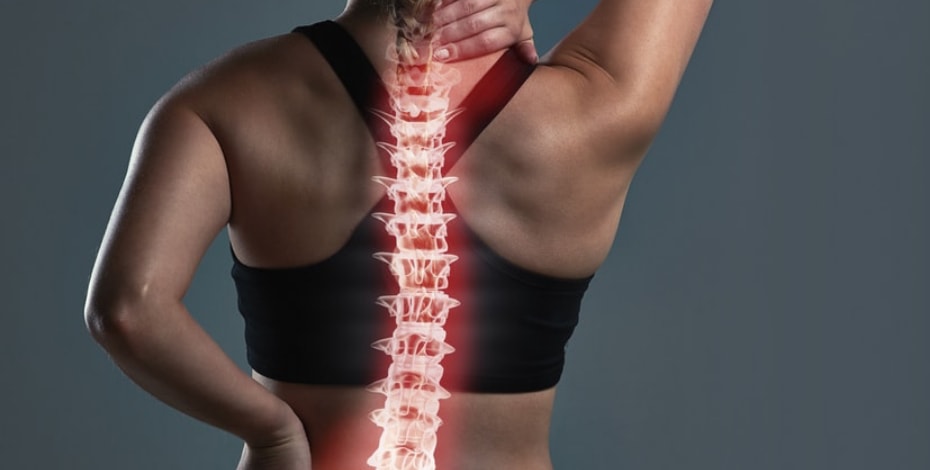
The evidence regarding exercise for older people

Anne-Marie Hill talks about the topic of her upcoming Winter Breakfast presentation in Melbourne with Marina Williams.
Helping people aged 60 and above be active is at the forefront of Anne-Marie Hill’s mind. In working with ‘older people’ for the past 30 years, the Curtin University associate professor has gained a wealth of knowledge in understanding the key motivators to keeping people active. Her interest in healthy ageing and health for older people includes a focus on falls prevention, exercise and engagement.
At next month’s Victorian Branch Winter Breakfast, the APA Gerontological Physiotherapist will highlight the latest evidence on the need for exercise in older people and how physiotherapists can get their patients active.
‘We are wanting people to be healthy and really well at any age and everyone should be active every day, but inactivity and low engagement in sufficient exercise is prevalent across all populations,’ Anne-Marie says. ‘Getting the over-60 population sufficiently active remains a serious problem, and we need to tailor what we do to make sure it is right for them, as the incidence of any type of chronic condition increases over [the] time of your life.’
The most common of these chronic conditions include arthritis, a cardiovascular risk factor or previous injury. ‘Having knowledge of these issues is what makes physiotherapy in the older space so important. A physiotherapist can tailor a program for a person, so if they have an injury or a concern about doing exercise they can be monitored and given something to do that is more suitable for them to complete. We don’t want them to lose interest in exercise.’
Evidence suggests the over-60s undertake muscle-strengthening exercise twice a week, in addition to the Department of Health’s recommendation of 30 minutes of moderate physical activity five to seven days a week.
‘Strength training and balance in exercise is a key falls prevention activity in people aged over 60,’ Anne-Marie says. ‘As we get older we have general muscle weakness and deterioration of strength, so it is very important when you are older to undertake something that mitigates against that strength decline, because strength is linked to being able to function independently in the community, to keep looking after yourself, doing things and moving around your house. All the activities you want to do is helped with strength training.’
To accomplish this, physiotherapists need to be aware of the recommended dosage of exercise and take a consumer-centric approach in understanding an individual’s physical ability to implement and action a program.
‘We know physical activity and exercise have strong, established benefits for people aged 60 years and older, and we have the evidence to support a focus on strength training for this population. In particular, at the breakfast I will discuss some of the barriers and enablers to older people engaging in exercise and provide some practical tips about how to increase engagement.’
A key factor in achieving this, she says, is for physiotherapists to not be misled into thinking older people have fewer interests and less involvement in activities as they age.
‘The concept that we think if somebody is older, not working or live alone that they should be able to do their exercise is not real. Older people are the biggest group that volunteer, they look after grandchildren and lead busy lives. But if they are in a routine that is more sedentary and are comfortable with that, we need to work with them to take on more tasks. Physiotherapists should not be perceived as not having an understanding attitude when dealing with this population.’
2019 VIC Branch Winter Breakfast Encouraging older people to exercise—an evidence update
Friday 19 July, 6.30am – 9.00am AAMI Park
Click here to register
After completing her PhD in 2011, Anne-Marie Hill was awarded an early career fellowship from the NHMRC, and has managed more than $9 million in research funding for national projects. She collaborates with allied health professionals to lead large trials in community, hospital and residential care populations to translate falls prevention evidence into practice.
© Copyright 2024 by Australian Physiotherapy Association. All rights reserved.





